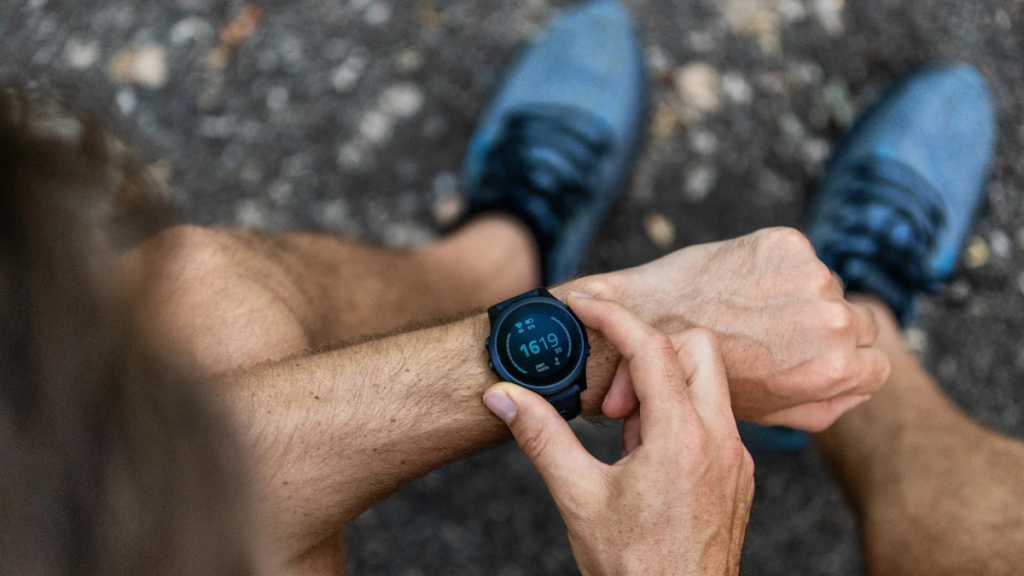In just a few short years, wearable technology has gone from fitness fad to scientific frontier. No longer limited to counting steps or buzzing at reminders to stand, wearables are now at the heart of a data revolution—one that is reshaping the landscape of healthcare research. At the intersection of biofeedback and artificial intelligence (AI), a new wave of innovation is enabling real-time insights, personalized treatment plans, and decentralized clinical trials. The future of medicine may be worn on your wrist.
From Activity Trackers to Clinical Tools
The earliest iterations of wearable tech—think Fitbit or the first Apple Watch—focused mostly on general wellness metrics like steps taken, calories burned, or sleep cycles. While useful for consumer self-awareness, these tools were far from medically validated.
Fast forward to today, and we’re seeing FDA-cleared wearables that can:
- Monitor irregular heart rhythms (like the Apple Watch’s ECG feature)
- Track blood oxygen saturation (SpO2)
- Detect changes in skin temperature or galvanic skin response (stress indicators)
- Monitor glucose levels non-invasively (in development)
These devices aren’t just passively collecting data—they’re informing researchers, clinicians, and even pharmaceutical companies in real-time. That’s where AI enters the picture.
AI: The Brain Behind the Sensors
AI algorithms take the constant stream of raw physiological data from wearables and turn it into something meaningful. Whether it’s detecting a subtle trend that points to early disease onset or flagging medication side effects based on heart rate variability, machine learning models can sift through millions of data points in ways human researchers simply can’t.
For example:
- Cardiogram, a wearable app company, uses AI to detect atrial fibrillation with over 90% accuracy.
- Empatica’s EmbracePlus, used in clinical trials, applies AI to predict seizure events based on multiple biosignals.
- Fitbit Health Solutions is partnering with pharmaceutical companies to use AI-powered data analytics to support clinical studies around sleep disorders, depression, and chronic conditions.
The AI+wearables combination not only accelerates research timelines but also makes clinical studies more accessible and inclusive.
Decentralizing Clinical Trials
One of the most powerful applications of AI-powered wearables is in decentralized or hybrid clinical trials. Traditionally, trials required participants to visit centralized facilities, often limiting recruitment to urban areas and excluding people with mobility or transportation issues.
Wearables now allow participants to be monitored from the comfort of their own homes. Through real-time data collection, researchers can track patient adherence, side effects, and progress without requiring constant in-person check-ins.
AI enables the automation of this data review, allowing anomalies to be flagged instantly. This reduces costs, minimizes dropout rates, and helps recruit a more diverse patient population.
It’s not just a shift in convenience—it’s a shift in equity and efficacy.
From Reactive to Proactive Healthcare
What makes this innovation even more exciting is its long-term potential to transform healthcare from reactive to proactive.
Instead of waiting for patients to report symptoms, AI-powered wearables can detect subtle physiological changes that may signal an issue before it becomes symptomatic. Think:
- Catching respiratory decline in COPD patients before a crisis
- Predicting blood sugar drops in diabetics
- Identifying depressive episodes through changes in sleep, movement, and heart rate patterns
This is not just helpful for clinical trials—it’s a cornerstone for preventive medicine. With continuous monitoring and predictive analytics, healthcare can become anticipatory, not just responsive.
Privacy and Ethical Considerations
Of course, with great data comes great responsibility. As wearables become more integral to medical research and personal health, concerns around data privacy, consent, and bias in AI models come to the forefront.
Who owns the data? How is it being used or sold? Are the algorithms being trained on diverse enough populations to prevent systemic bias?
These are questions the industry must answer in parallel with innovation. Transparency, regulation, and patient empowerment must be baked into every breakthrough.
The Future on Your Wrist
The next phase of wearable tech in healthcare research will likely involve more invisible sensors, nanotechnology, and multi-modal inputs—gathering not just biometric data but also contextual inputs like location, weather, and emotional cues. Combined with ever-improving AI, the potential to deeply understand human health is greater than ever.
As we push the boundaries of what’s possible, the humble wristwatch has evolved into something far more powerful: a lifeline, a research tool, and perhaps one day, a virtual doctor.
In the race to optimize longevity, wellness, and access to care, AI-powered wearables aren’t just the future—they’re already here, quietly collecting the data that could change lives.

